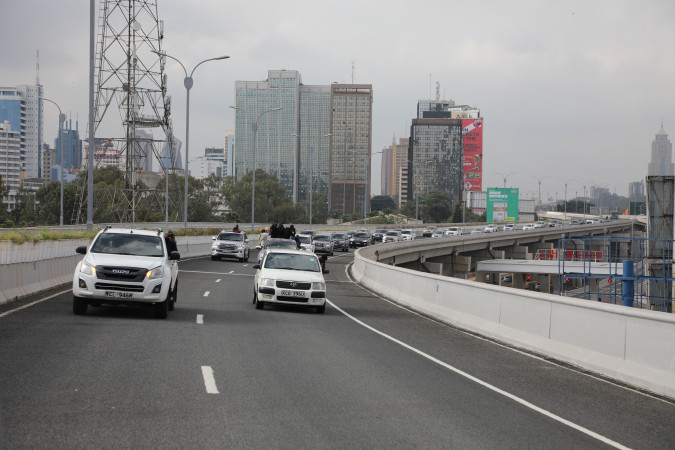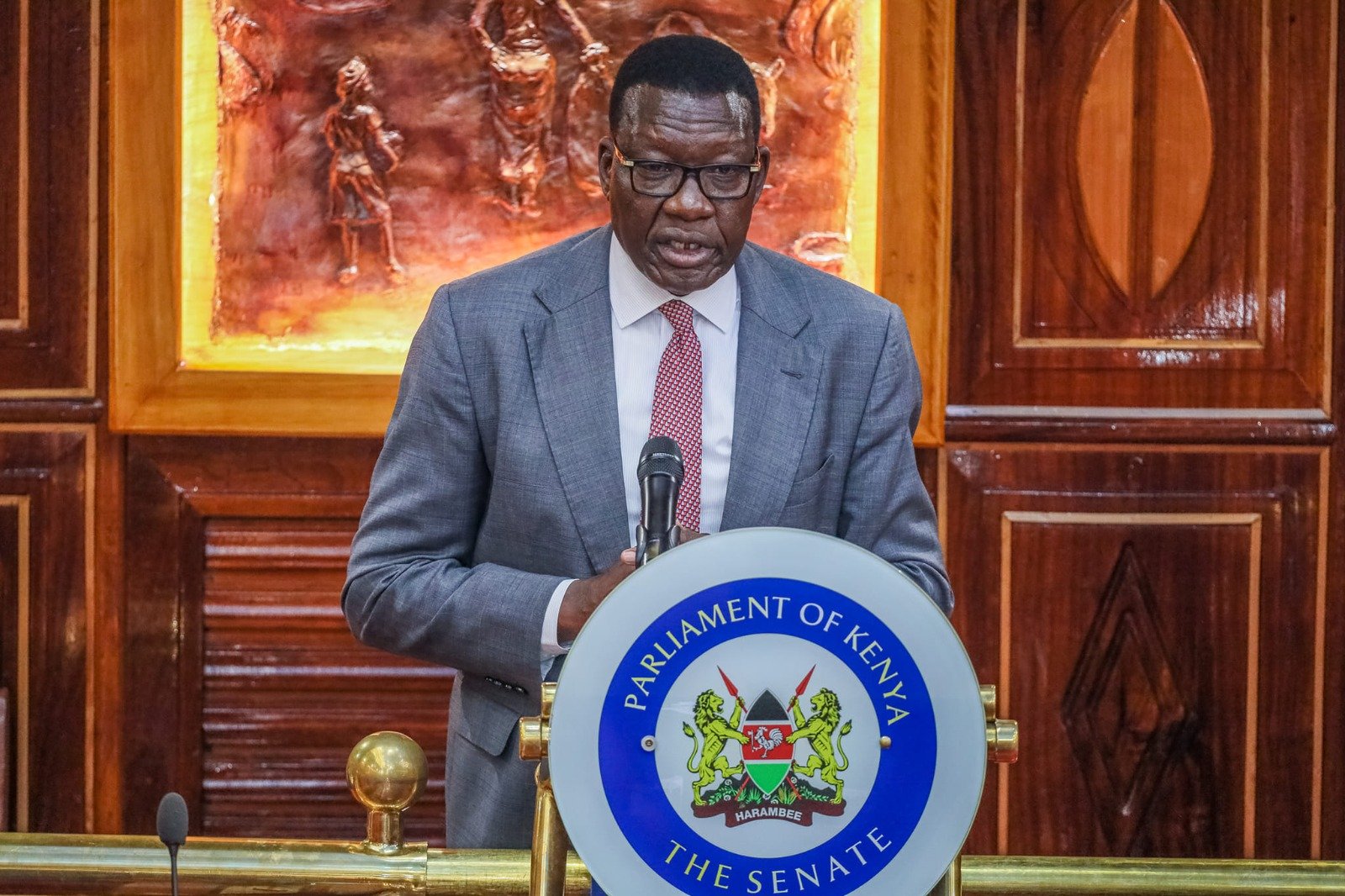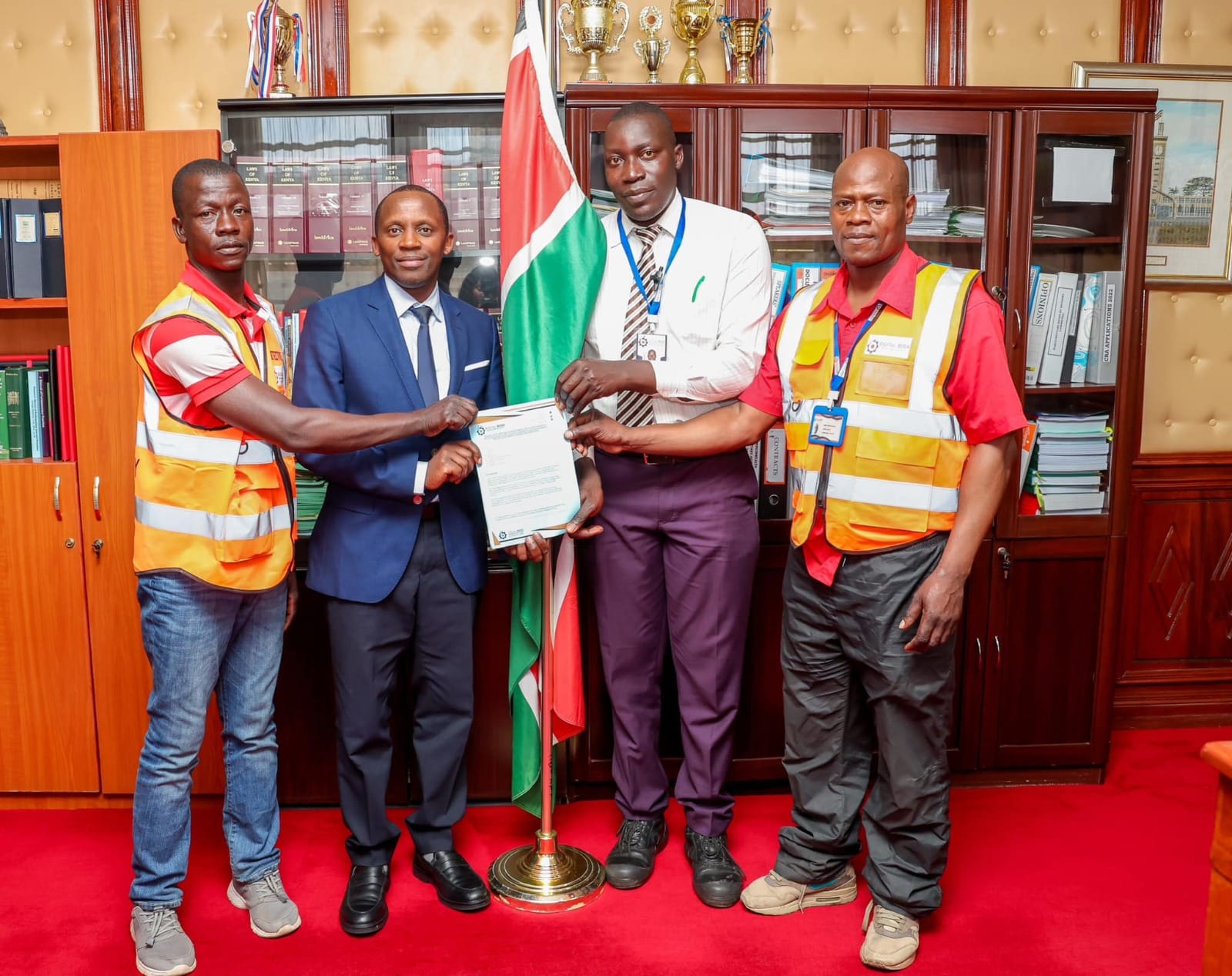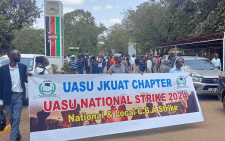Business confidence in Kenya’s private sector reached a new low in August, with the latest index falling below its previous lowest point in February.
This marked the lowest level of optimism among Kenyan firms since the Stanbic Bank Kenya Purchasing Managers’ Index (PMI) survey’s inception in 2014.
Only five per cent of surveyed firms expressed confidence that output levels would increase over the next 12 months, citing marketing efforts and the opening of new branches as reasons for their optimism.
Despite the decline in confidence, business operations in the private sector showed signs of improvement in August, buoyed by the political stability that followed the cessation of Gen-Z anti-government protests in July. The index rose to 50.6 in August 2024, up from 43.1 in the previous month. Readings below 50.0 signal a contraction in activity, while those above 50.0 indicate expansion.
An increase suggests a stabilisation in business conditions as the effects of the protests dissipated, allowing firms to largely return to normal operations.
Christopher Legilisho, Economist at Standard Bank said the August PMIs signalled a private sector recovering marginally, with output and new orders improving as anti-tax protests have been fizzling out.
“However, concerns linger about consumer spending, with many firms noting overall demand as weak in a tougher economic and business environment. Consequently, firms cut employment after seven months of robust hiring; work backlogs therefore increased,” Legilisho said.
The PMI is an economic indicator derived from monthly reports and surveys from private sector manufacturing firms. Prior to August, the PMI had been on a downward trend, with June’s reading at 47.2 and July’s at 43.1. The improvement in August reflects a rise in activity levels within the private sector. Stanbic Bank reported that businesses across Kenya’s private sector increased their output levels in August for the first time in three months.
The rate of growth, though moderate, was the second fastest in over a year and a half. Output rose in three of the five broad sectors covered by the survey, namely services, wholesale and retail, and construction. However, the manufacturing and agriculture sectors experienced declines in activity.
Kenyan firms experienced a third consecutive monthly increase in purchase costs midway through the third quarter of the year. Although the increase was solid, it was slightly less pronounced than in July.
Survey respondents attributed the higher costs to increased taxes, rising import prices, and material shortages.
Improved sales volumes
The end of political demonstrations allowed businesses to resume normal operations, leading to improved sales volumes. The construction, wholesale and retail, and services sectors saw renewed growth, according to purchasing managers.
Additionally, order books at Kenyan companies recovered slightly in August, with a modest upturn in sales for the first time since May. However, many businesses noted that weak consumer spending power continued to dampen overall demand during this period.
The survey data also indicated a rise in input prices across the Kenyan private sector for the third consecutive month in August.
The rate of inflation reached its highest level since February, though it remained below the long-term average. All five monitored sectors reported increased expenses, with higher purchase prices being the primary driver.



















